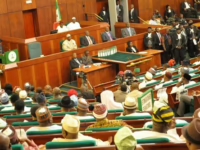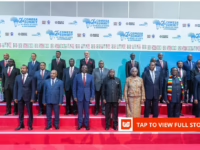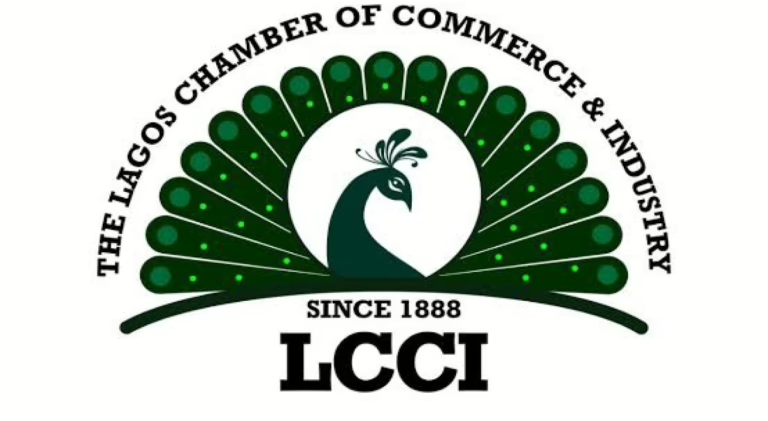The Lagos Chamber of Commerce and Industry (LCCI) has called on the Nigerian government to expedite economic reforms aimed at fostering long-term growth, enhancing living conditions, and rebuilding investor trust.
In its response to the World Bank’s recently published Nigeria Development Update (NDU) 2025, the LCCI highlighted the critical need for swift reform implementation to address escalating poverty and nigeria-law-review-guarantees-fairness-gov-nwifuru/” title=”Governor Nwifuru Promises Fairness for All Through Comprehensive Review of …'s Laws”>stimulate economic progress.
The chamber stressed that immediate and decisive measures are essential for Nigeria to fully benefit from these reforms, thereby boosting investor confidence, promoting sustainable development, and raising the quality of life for its citizens.
Dr. Chinyere Almona, the director-general of LCCI, acknowledged the government’s positive strides in fiscal and monetary policy management but pointed out that the current pace of reform is insufficient to curb poverty and achieve the necessary structural economic transformation.
She pinpointed several priority sectors requiring urgent intervention, such as strengthening agricultural value chains, reforming the energy sector, and advancing infrastructure projects.
Dr. Almona emphasized, “Nigeria must channel significant investments into agricultural value chains, agro-processing industries, and rural infrastructure to boost productivity and secure food availability. Reducing reliance on imports and empowering farmers with better access to financing, inputs, and modern technology will help lower food inflation and stabilize the naira.”
Highlighting the detrimental impact of high electricity and fuel costs on industries and small enterprises, she called for immediate efforts to increase domestic energy production, accelerate reforms in the power sector, and promote renewable energy adoption to ensure more affordable and dependable power for manufacturers and households alike.
Almona urged both federal and state governments to lead by example through cutting unnecessary spending, streamlining government agencies, and enhancing fiscal transparency. “With government revenues reaching unprecedented levels, citizens deserve greater returns on these resources,” she stated.
She reiterated that Nigeria’s journey toward inclusive prosperity hinges on credible, consistent, and transparent policy implementation, noting that businesses and families need clear, stable, and trustworthy economic policies.
She concluded, “While we remain cautiously optimistic about the progress of reforms, we encourage the government to concentrate on key areas such as increasing food production and supply, improving local refining capacity to reduce energy costs, continuing FOREX market reforms for lasting stability, lowering governance expenses, and intensifying efforts against insecurity through increased funding and the deployment of advanced security technologies and intelligence.”






















